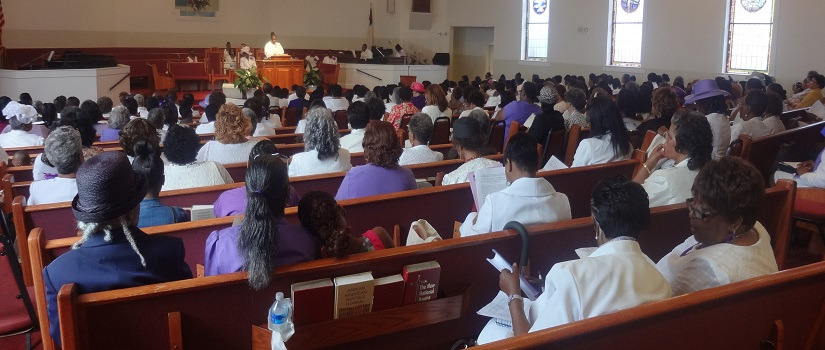We previously worked with the African-American faith community in an intervention trial that focused on diet, physical activity and stress reduction (the HEALS intervention) and had extraordinary success in engaging with this particular community, involving the population most at risk in beneficial public health research. In the DIDACTIC project, we are continuing this successful collaboration with four new goals in mind:
-
Disseminate and implement the successful HEALS intervention in the African-American faith community.
-
Evaluate and monitor the dissemination process for adoption, recruitment, retention and fidelity to the HEALS intervention trial, including testing the effect of the intervention using a variety of non-invasive measures that are relevant to overall health status and can be employed in a community setting.
-
Conduct a cost-effectiveness analysis of intervention dissemination and implementation to reduce health disparities in parameters associated with inflammation.
-
Enhance the capacity of the African-American faith community to sustain the delivery of the evidence-based intervention and for community partners to engage in future research to address health disparities through the cultivation of a network of active church and community educators and leadership development activities.
In the DIDACTIC study, we aim to recruit 30 churches and 450 participants using a lay health, train-the-trainer model that decentralizes the research process and is suitable for dissemination and implementation research. We also will engage 30 "mentor" lay health educators (members of church education teams) who participated in the HEALS intervention trial phase to mentor and train newly recruited lay health educators. This study offers an opportunity to build on a history of successful collaboration by disseminating and implementing an evidence-based intervention with a focus on sustainability of efforts through capacity building and leadership development to address health disparities in the African-American community.
